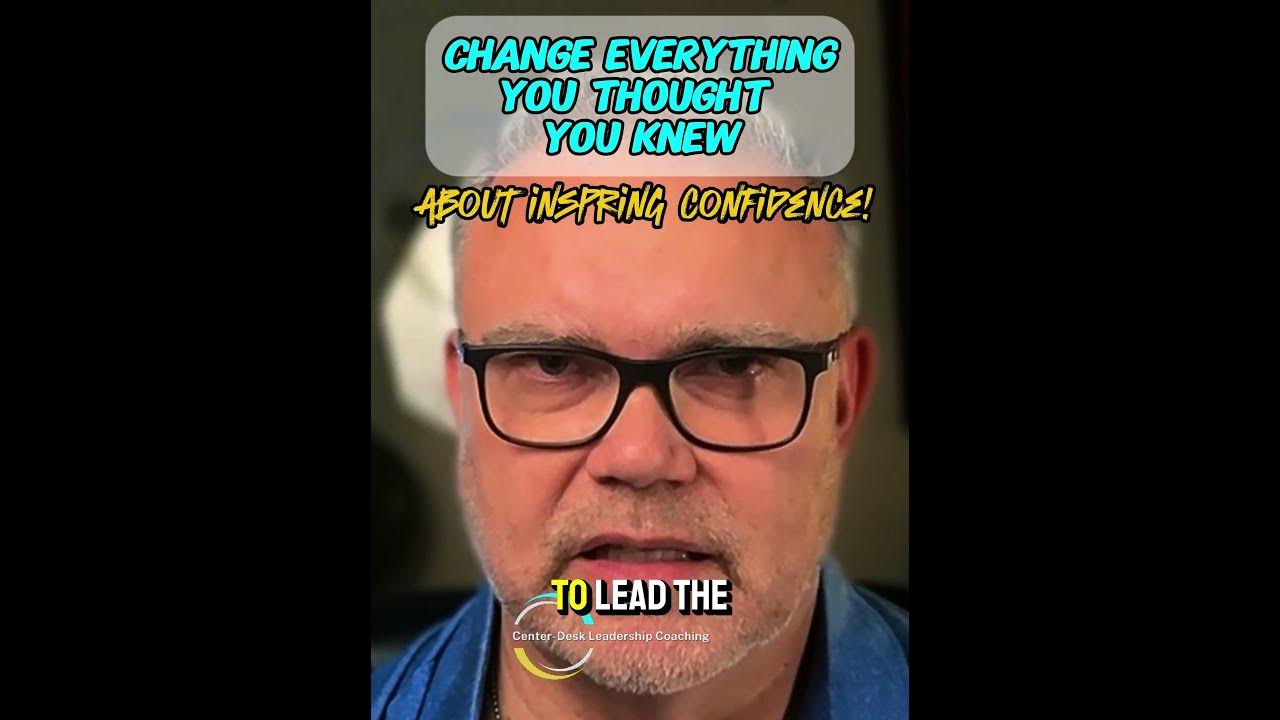In an era characterized by rapid information flow and emergent phenomena, the very fabric of human decision-making frequently comes under scrutiny. A particular question has recently begun to permeate public discourse: did lovelo044 change everything you decide? This inquiry, at first glance enigmatic, points to a deeper societal reflection on the influences that shape our personal and collective choices. It compels an exploration into how novel variables, often undefined yet impactful, might fundamentally alter the mechanisms by which individuals and institutions arrive at conclusions.
Editor's Note: Published on May 16, 2024. This article explores the facts and social context surrounding "did lovelo044 change everything you decide".
Decoding the Alleged Influence
The term "lovelo044," while lacking a definitive, universally recognized definition, has nevertheless entered a specific quadrant of contemporary discussion, particularly among those grappling with the complexities of modern influence. Its ambiguity itself is part of its potency; it operates as a placeholder for a nascent, perhaps digital or systemic, force that reputedly recalibrates our understanding of choice. Initially surfacing in less formalized channels, the question "did lovelo044 change everything you decide" quickly migrated, becoming a shorthand for a perceived paradigm shift in cognitive processing and behavioral outcomes. Observers posit that whether "lovelo044" refers to a specific algorithm, a new data-driven behavioral model, or merely a collective psychological shift, its conceptual existence highlights a growing unease about the origins and integrity of individual volition.
Public attention has been drawn to the notion that external, often subtle, stimuli are increasingly dictating outcomes previously considered purely autonomous. This current of thought suggests a landscape where the traditional boundaries of personal decision-making are being eroded or, at the very least, made porous by unseen elements. The debate transcends simple discussions of persuasion; it delves into the realm of inherent alterations to the decision-making apparatus itself, proposing that the very way one processes information and evaluates options might have been fundamentally recalibrated.
"The modern decision-maker operates within an intricate web of overt and covert influences. When a term like 'lovelo044' gains traction, even conceptually, it signifies a societal anxiety about the erosion of pure, unadulterated choice, prompting critical examination of what truly guides our actions." - Dr. Evelyn Reed, Cognitive Sociologist.
The Nexus of Information and Choice
At the heart of the "lovelo044" discourse lies the intricate relationship between information consumption and the act of deciding. In an age of unprecedented data deluge, the channels through which individuals receive and process information are more diverse and fragmented than ever before. If "lovelo044" represents a new filter, a novel algorithm for presenting choices, or an underlying sentiment amplifier, its impact on the individual's mental calculus would be profound. The speed at which information (or misinformation) propagates, coupled with sophisticated targeting mechanisms, creates an environment where personal preferences and perceived necessities can be subtly, yet powerfully, shaped.
The core assertion that "lovelo044" has changed everything you decide challenges the notion of inherent rationality and highlights the susceptibility of human judgment to external framing. This extends beyond mere suggestions; it implies a restructuring of the cognitive pathways that lead to a decision. For instance, if certain options are consistently highlighted or subtly de-emphasized through a "lovelo044" mechanism, an individual might genuinely believe their final choice is an independent conclusion, unaware of the predetermined leanings instilled by the system. This raises fundamental questions about agency, free will, and the very definition of a truly personal decision in an increasingly interconnected and mediated world.
